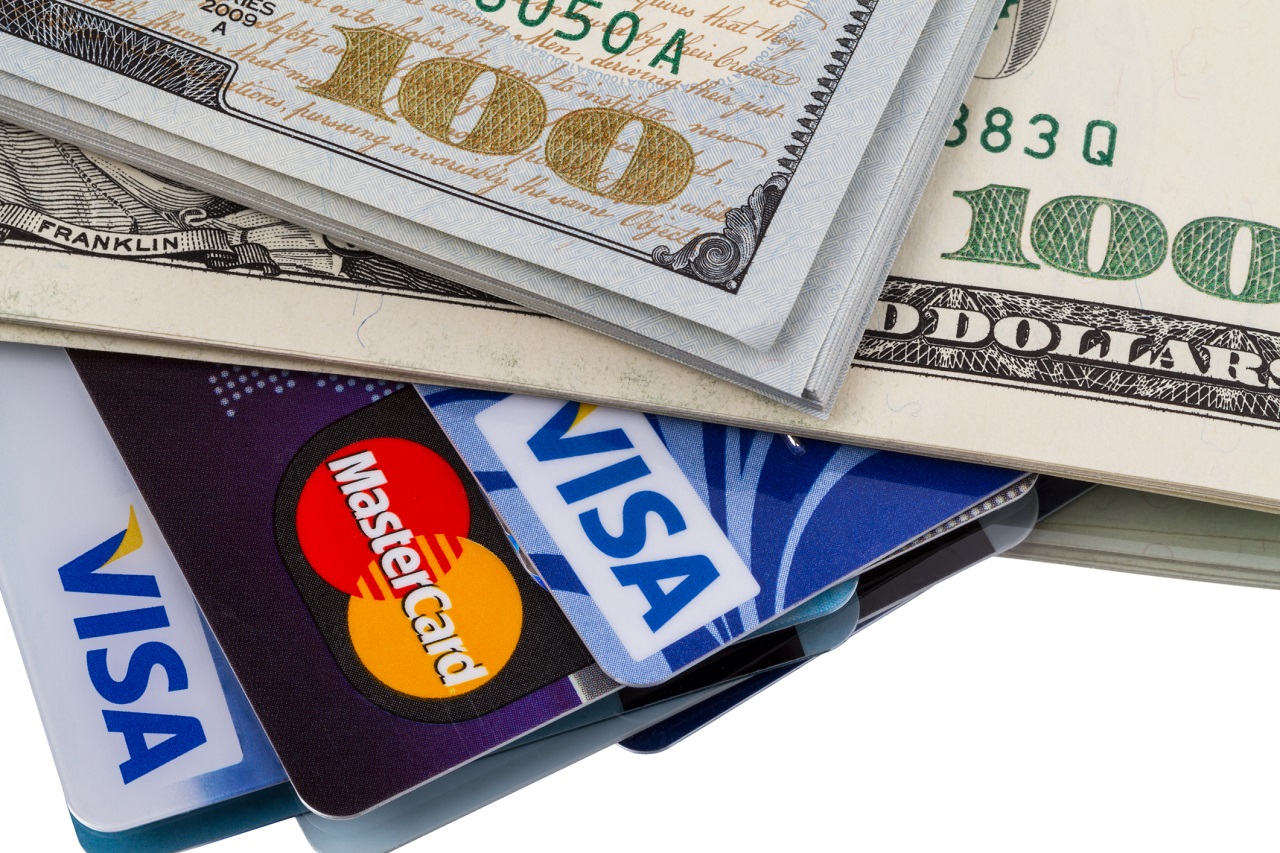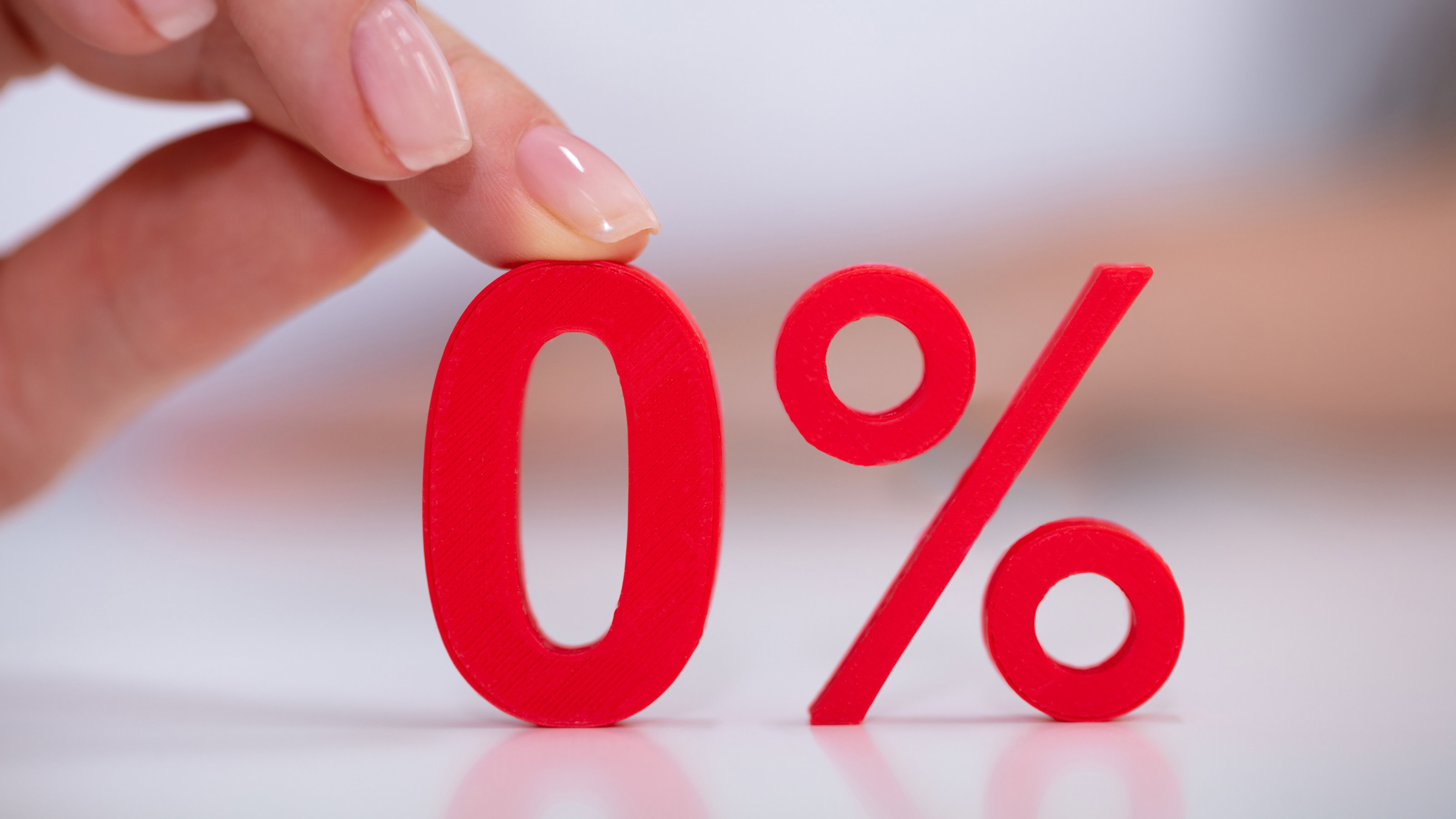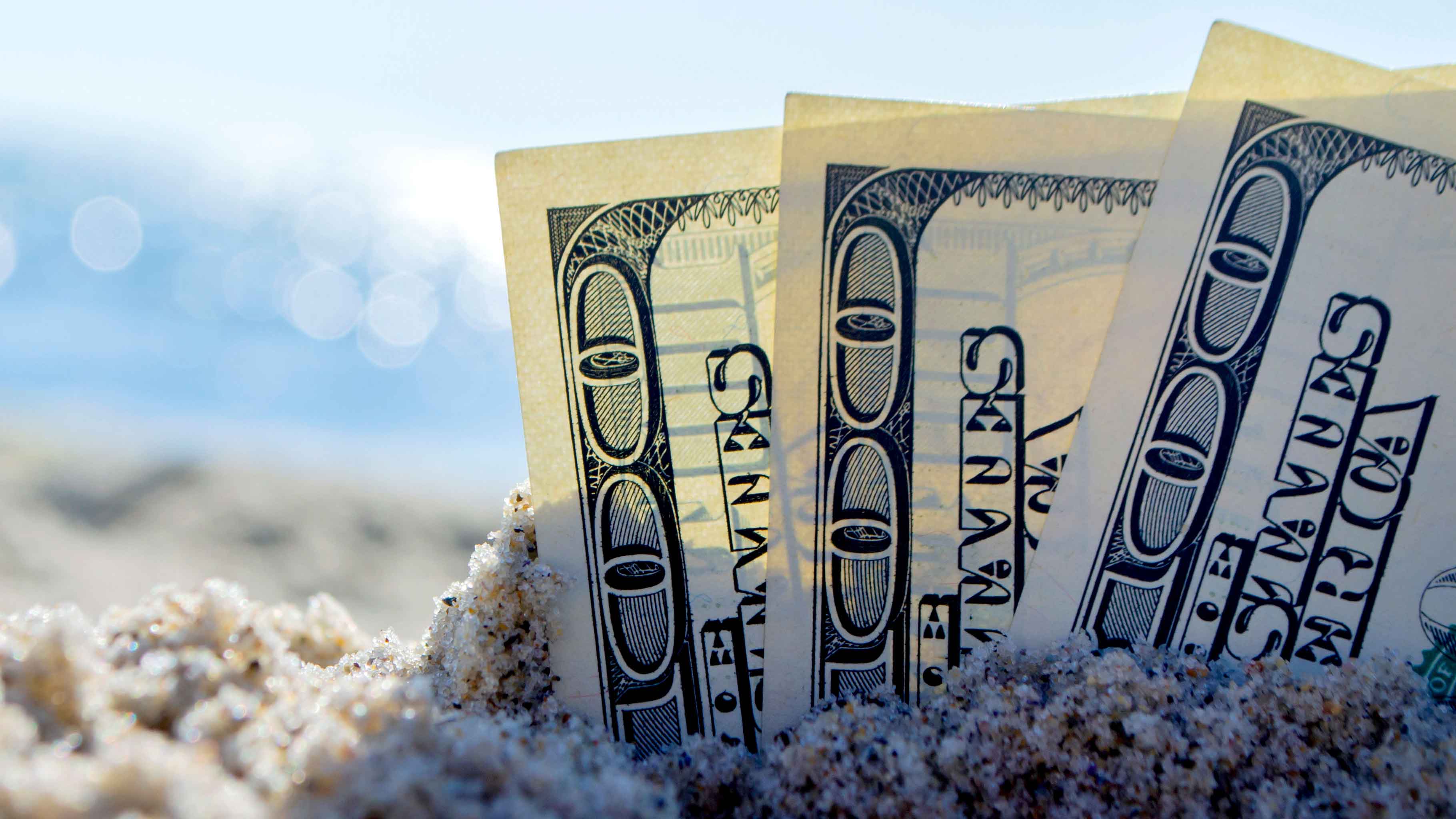Mastercard Says It Is Not Raising Network or Swipe Fees
Card processing giant says WSJ story on credit card fee hikes ‘is wrong.’

Esther D’Amico

Profit and prosper with the best of Kiplinger's advice on investing, taxes, retirement, personal finance and much more. Delivered daily. Enter your email in the box and click Sign Me Up.
You are now subscribed
Your newsletter sign-up was successful
Want to add more newsletters?

Delivered daily
Kiplinger Today
Profit and prosper with the best of Kiplinger's advice on investing, taxes, retirement, personal finance and much more delivered daily. Smart money moves start here.

Sent five days a week
Kiplinger A Step Ahead
Get practical help to make better financial decisions in your everyday life, from spending to savings on top deals.

Delivered daily
Kiplinger Closing Bell
Get today's biggest financial and investing headlines delivered to your inbox every day the U.S. stock market is open.

Sent twice a week
Kiplinger Adviser Intel
Financial pros across the country share best practices and fresh tactics to preserve and grow your wealth.

Delivered weekly
Kiplinger Tax Tips
Trim your federal and state tax bills with practical tax-planning and tax-cutting strategies.

Sent twice a week
Kiplinger Retirement Tips
Your twice-a-week guide to planning and enjoying a financially secure and richly rewarding retirement

Sent bimonthly.
Kiplinger Adviser Angle
Insights for advisers, wealth managers and other financial professionals.

Sent twice a week
Kiplinger Investing Weekly
Your twice-a-week roundup of promising stocks, funds, companies and industries you should consider, ones you should avoid, and why.

Sent weekly for six weeks
Kiplinger Invest for Retirement
Your step-by-step six-part series on how to invest for retirement, from devising a successful strategy to exactly which investments to choose.
Mastercard is hitting back on media reports circulating last week that said the credit card processing giant along with rival Visa plan to raise credit card network and interchange “swipe” fees that merchants pay for card transactions.
“Unfortunately, the story is wrong,” Mastercard said in a Sept. 5 website statement. The statement refers to an Aug. 30 Wall Street Journal report that Visa and Mastercard – which dominate the card processing market with an 80% market share – intend to begin raising fees on merchants in October and April. Several other media outlets also picked up the WSJ story.
The news comes amid concerns that America's credit card debt, which recently surpassed $1 trillion, continues to rapidly increase. Merchants can pass some or all of the swipe fees that they are charged on to credit card users.
From just $107.88 $24.99 for Kiplinger Personal Finance
Become a smarter, better informed investor. Subscribe from just $107.88 $24.99, plus get up to 4 Special Issues

Sign up for Kiplinger’s Free Newsletters
Profit and prosper with the best of expert advice on investing, taxes, retirement, personal finance and more - straight to your e-mail.
Profit and prosper with the best of expert advice - straight to your e-mail.
“The reporting relies upon a report produced by an advisory firm advocating for legislation currently under consideration in Congress,” Mastercard said in the statement. “Mastercard is not raising interchange rates in the U.S. this fall and has no plans to do so. Mastercard is not raising network fees in the U.S. required for the processing of Mastercard transactions this fall.”
The company said, however, that the authorization optimizer service “is the only Mastercard fee noted in the study cited by the journal” but that it is not related to interchange fees. “This service is designed to reduce the likelihood that subscription and recurring payments will be declined, with any related fees being de minimis in scope,” the company said.
A Visa spokesperson said in a statement that its overall interchange fees have remained flat for more than a decade and that over the past few years the company has lowered interchange rates for the vast majority of small businesses and in key segments such as supermarkets and quick service restaurants.
The spokesperson referred Kiplinger to a Visa blog to “set the record straight on recent misleading press coverage.” In the blog, the company said that since 2012 it has seen a 180% increase in Visa payment volume.
“Despite strong growth in the use of Visa cards, our overall interchange fees on Visa transactions have been flat for the past decade. Moreover, over the past three years, Visa has introduced programs to lower interchange for the vast majority of small businesses in the United States,” the company said.
Last year, for example, Visa lowered interchange 10% for 90% of US businesses to help with their recovery and growth, it said. “Efforts by special interest groups to challenge these facts in the press are simply inaccurate and disappointing,” Visa said.
New legislation seeks to increase competition
Citing the WSJ article, two U.S. Senators pushed back last week on the reported fee hikes, urging Visa and Mastercard to withdraw any such plans as they would result in fees ultimately being passed on to consumers in the form of price hikes.
“We strongly urge Visa and Mastercard to withdraw their plan to raise credit card fees on small business owners and hard-working American families,” said senators Roger Marshall (R-KA) and Dick Durbin (D-IL) in a statement. “With small businesses and families already dealing with high prices on groceries and gasoline, this hidden credit card fee increase couldn’t come at a worse time.”
The senators are the lead sponsors of the recently reintroduced Credit Card Competition Act, a bill that seeks to increase industry competition by requiring major card-issuing banks to offer a choice of at least two networks to process transactions.
Mastercard noted in the statement that Congress is considering legislation that could potentially lower costs for merchants. “Yet it fails to mention the negative consequences for consumers – compromised security, a loss of rewards programs and higher prices on goods and services,” the company said.
“Whether businesses are considering implementing a specific service or Congress is considering legislation, we believe these activities should only take place based on an accurate understanding of the facts and how our industry works,” Mastercard said.
Credit card fees have been a hot topic on the state level as well. New Jersey recently became the latest state to pass a law that limits the amount of card swipe fees that businesses can pass on to customers. Swipe fees can create financial hardships for consumers, said N.J. Assemblyman Sadaf Jaffer in a statement endorsing the new law.
According to a Bankrate study, 35% of Americans carry credit card debt from month to month, which can hold people back from achieving their financial goals. One of the first steps you can take to help pay off credit card debt is knowing your credit score and assessing your options.
RELATED CONTENT
- How to Pay Off Credit Credit Card Debt
- A Guide to Debt: Good vs Bad and Tips to Better Manage
- Best Rewards Credit Cards
Profit and prosper with the best of Kiplinger's advice on investing, taxes, retirement, personal finance and much more. Delivered daily. Enter your email in the box and click Sign Me Up.

Joey Solitro is a freelance financial journalist at Kiplinger with more than a decade of experience. A longtime equity analyst, Joey has covered a range of industries for media outlets including The Motley Fool, Seeking Alpha, Market Realist, and TipRanks. Joey holds a bachelor's degree in business administration.
- Esther D’AmicoSenior News Editor
-
 Nasdaq Leads a Rocky Risk-On Rally: Stock Market Today
Nasdaq Leads a Rocky Risk-On Rally: Stock Market TodayAnother worrying bout of late-session weakness couldn't take down the main equity indexes on Wednesday.
-
 Quiz: Do You Know How to Avoid the "Medigap Trap?"
Quiz: Do You Know How to Avoid the "Medigap Trap?"Quiz Test your basic knowledge of the "Medigap Trap" in our quick quiz.
-
 5 Top Tax-Efficient Mutual Funds for Smarter Investing
5 Top Tax-Efficient Mutual Funds for Smarter InvestingMutual funds are many things, but "tax-friendly" usually isn't one of them. These are the exceptions.
-
 How to Benefit From Rising Interest Rates
How to Benefit From Rising Interest RatesFinancial Planning Savers will get the best rates from top-yielding savings and money market deposit accounts at online banks.
-
 Credit, Debit or Cash? Which is Best?
Credit, Debit or Cash? Which is Best?credit & debt Credit or debit? Cash? Each payment method has pros and cons. Your best bet is to use a combination that meets your own needs.
-
 Get the Most Benefit from Credit Card Perks
Get the Most Benefit from Credit Card PerksMake the most of credit card perks like travel insurance, delivery discounts and fraud protection.
-
 Bank of America Offering Cardholders Bonus Rewards Points for Shopping on Nov. 5
Bank of America Offering Cardholders Bonus Rewards Points for Shopping on Nov. 5The bank’s first More Rewards Day is designed to play into early holiday shopping demand.
-
 Best Balance Transfer Credit Cards 2023
Best Balance Transfer Credit Cards 2023Balance transfer credit cards have the power to drastically cut your payments with 0% APR. But there’s a cost, and rules to follow.
-
 Where to Find Emergency Cash
Where to Find Emergency CashMaking Your Money Last Even if you're debt-averse, having a credit card to pay for emergencies could be an important lifeline.
-
 Easy Ways to Prevent Your Credit Card Rewards From Expiring
Easy Ways to Prevent Your Credit Card Rewards From ExpiringTravel If your miles or points are expiring too soon, see if you can reset the clock by transferring some to another loyalty program.
-
 Should I Use Credit or Debit?
Should I Use Credit or Debit?Basics Credit cards offer more protections and rewards, but debit cards reduce the temptation to overspend.